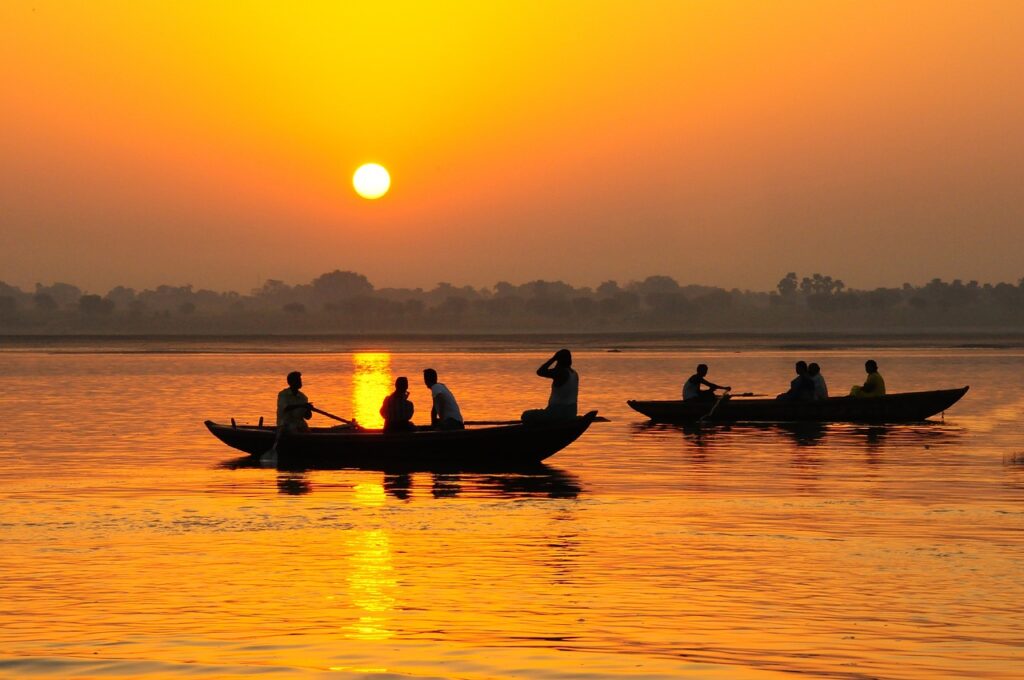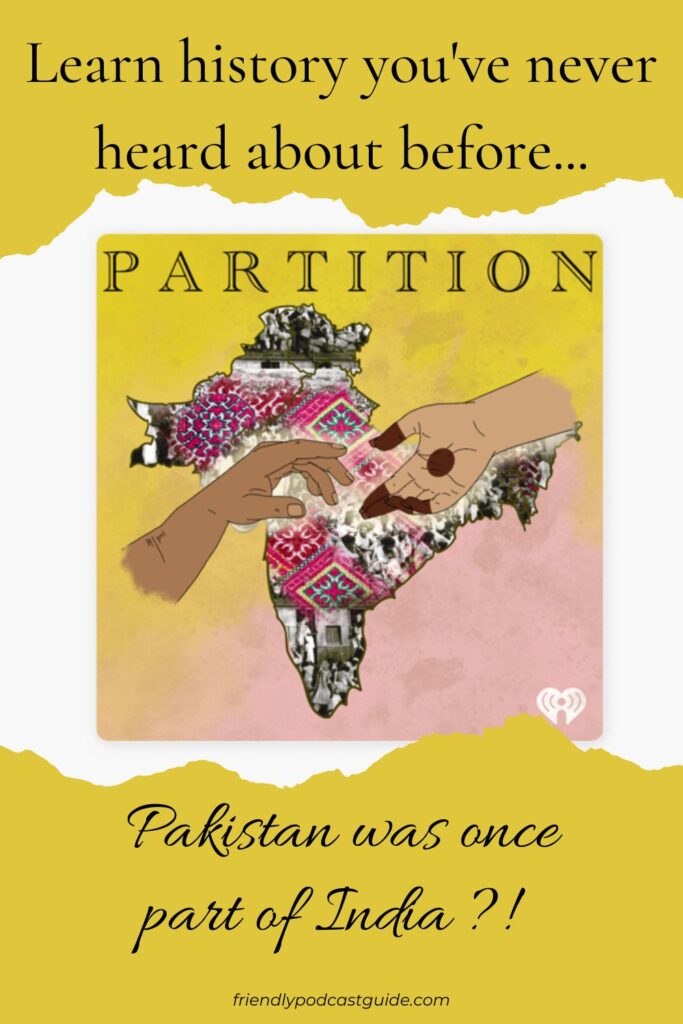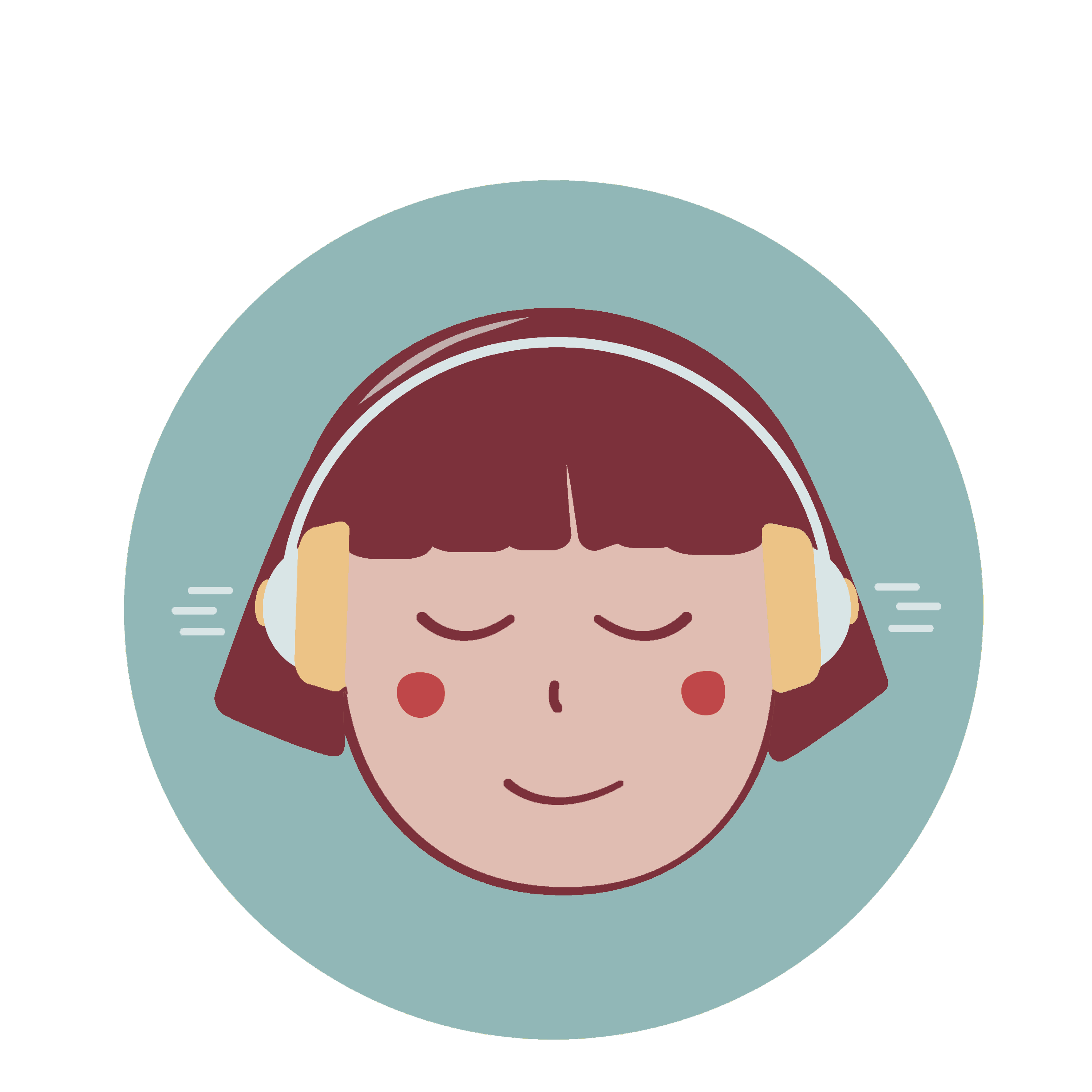
More About Partition
Neha describes a show like this: Partition is a historical podcast that will discuss the 1947 partition of India and the formation of Pakistan, as told by me, Neha Azi. The length of each episode is between 30 minutes and an hour. It’s a short series and all of the episodes are available now.
FPG Partner Olive & June
The gift giving season is upon us, and I know how hard it can be to find the perfect gift for your loved ones. Well, let me make your life a little bit easier. You should gift the nail painters in your life with a Manni or pedi system from all June. I use their Manny system and my nail polish will stay on for a week with no chipping. It brings me so much joy every time I look at my nails with these fun colors, and you can give that same joy to your loved ones. You can get 20% off a Manny or Petty system by using the affiliate link in the show notes.
Introduction to Neha
I’m Neha. I live in Austin, Texas. I am a writer, a podcaster, and a film programmer. And that’s pretty much it.
How Partition Got Started
Yeah, so I was one of graduate Pakistan and I came to the US when I was a kid and partition wasn’t really a story that my parents told me about, and I found that to be very common with people across generations. And I always knew that Pakistan used to be a part of India, but I didn’t really know like what exactly that entailed until I went back on my first trip to Pakistan in 2017 and I found an exhibit at the mall there. And that’s kind of where I found out like the really harsh fruits about it where, you know, like 14 million people were uprooted, one to two million people died.
And it really is an event that shapes generations and identities for many years to come and. I saw that iHeartRadio had started a program called Next Up for Underrepresented Voices, and originally I wanted to make this show into a. Limited TV series. But I just didn’t know where to start. And then I saw this and I thought a podcast might be a good way to kind of get that information out there because it’s not really taught in the west.
It’s pretty much a race from a lot of narratives and history. And I thought the accessibility of a podcast was really great. And then I. Getting selected. And it was nice because it was paid, so I got paid to do research, which is always great. So definitely, yeah, definitely made it easier. And I had guidance also. So that’s kind of how the podcast started.
What to Expect from Partition
So it’s kind of like what you said, like I wanna educate people on a topic that they may not know about, or if they do know about it, they may not know like all the details like I did.
I also want people to have a more sympathy and empathy for refugees and immigrants. I, myself, am an immigrant and it takes a very long time to become a citizen of the United States. And I don’t think that’s something that people really understand how difficult, expensive, and draining the process is.
And especially refugees who don’t look like them. You know, I know there was a lot of support for Ukrainian refugees, which is amazing, but I would also like to see that same. Extension to refugees from Syria or for different parts of Africa, because that’s not really the case. At least in my opinion, that I’ve seen.
And I also want people to know that, you know, if they, if this is such a big part of history and they don’t know about it, then there’s probably other parts of history that they also don’t know. So just to kind of think outside of themselves. So it doesn’t necessarily need to be history from their own generation, which would be cool if they wanted to look into their history, but just know that the world is a very large place and that the things that you learn in history class aren’t all the things that take place in the world.
The Vibe of Partition
I would say it’s very personal. It’s very vulnerable. Very emotional. You know, cuz it’s my, it is a history podcast, but I almost would say the history aspect is probably the least important part. So I do talk about, you know, Like things that happened, but I am not talking about like this legislation was made, this treaty happened and this meeting took place between all these men.
Like I was like, we don’t, I was like, that stuff’s out there. Like if you wanna know like the, like nitty gritty history, like you can find it. I wanted to kind of do it in the lens of discovery. So, you know, partition is something that affects me and, you know, any future generations of my family. Because it’s so rooted in identity and.
I wanted to kind of share my personal story with it. So how I found out about it. I interviewed my relatives, my grandparents are survivors, so I talked to my grandpa about it. I talked to my great aunt who was actually born on the day of Independence Day, August 15th, 1947. She doesn’t remember. I also found that out on accident. Like no one bothered to tell me until I was like just having a conversation with my grandpa and he was like, oh yeah, like this happened and. What should it be? That’s something you should tell me. Yeah, so it’s, you know, so like, there’s history, but the stories that I wanna tell are ones from survivors stories about women, stories about people like me who are creatives who use their use art in any medium to get these stories out there or how they deal with it. You know, whether that’s a filmmaker, an oral historian, you know, I wanted to talk about the people who it actually affected. I make it very clear in the first episode that I’m not here to talk about men.
I’m not here to talk about the great men in history narrative and things like that. Because at the end of the day, they didn’t really have to deal with the consequences, right? Like they didn’t have to move, they weren’t separated from families. They didn’t have to, you know, start a new life.
And that’s the history that I wanted to focus on. Definitely like the everyday people, not the people, not the quote unquote bigwigs that made the decision. The people that the decisions affected.
Neha’s Favorite Episode
Well, I don’t think I have a favorite just because most of the episodes are very Difficult and complex, but I would say that there are people that I really enjoy talking to and interviewing. One of ’em, her name is Bertha Chori. She is an artist based in Chicago. She will be featured on the next episode that will drop. And, you know, she makes this art that called like anti memorials, counter memories. So kind of, kind of the same thing that I’m striving to do, but I just didn’t know those terms. And it’s basically like getting away from the nationalist narrative. So her work deals with women and so she has art that represents those stories. Another person that I really like talking to, her name is Angel Molo.
She’s gonna be in the fifth episode. She’s an oral historian. She collects oral histories from people, but specifically she talks about objects that people took with them. Like I had to leave and I took this glass from the kitchen, and then they talk about that item and how it’s like a portal to the past, which is super interesting.
And then I talked to a survivor who actually flew to San Francisco for which was a lovely reprieve from summer heat in Texas. And you know, he spoke to me for two and a half hours and I just finished the script, at least the first draft of the script yesterday. And, you know, that one’s gonna be a really tough one. And, you know he had so many different experiences. Everyone has a different story when it comes to partition and I really enjoyed talking to him. But it was also very hard to listen to his stories.
Partition & Little Ears
It’s quite explicit. It has an explicit rating because of the difficulty of the subject matter that I talk about. But I do think it could be a starting off point for parents to discuss partition with, definitely with their kids. You know, if they feel like they’re old enough.

Partition Cover Art
Yeah. So it was really important to me that a South Asian artist created the artwork because they would have nuance and, and an idea of what partition was more than another person would. And so I kind of just googled like South Asian graphic design artists, and I ended up finding this woman on Instagram, her name is Hafsa Khan. Her Instagram name is hafandhaf. And she’s based out in New York. And you know, she got what I wanted like on the first try. So, you know, I told her I wanted something that was. Not incredibly complex, but you could gather that this was a complex story just by looking at the art.
Where to Find Partition
So you can find me on Instagram at Neha Aziz. You can find me at Twitter NehaAziz13. You can find the podcast at 1947 Pod on Twitter and Partition podcast on Instagram.
